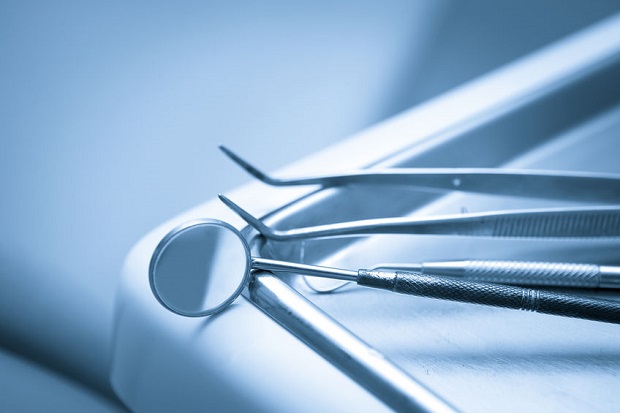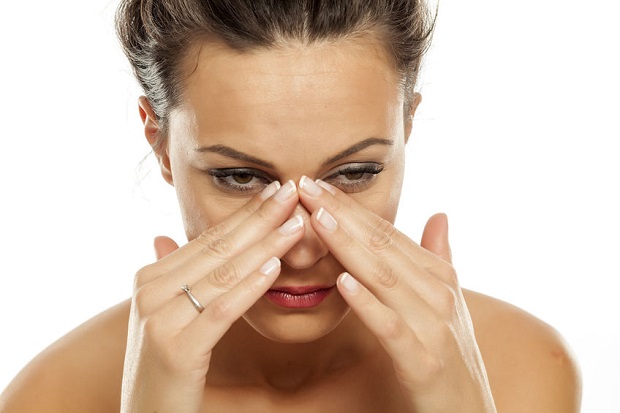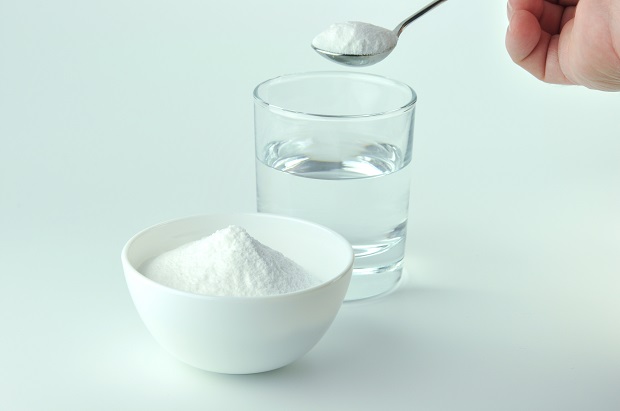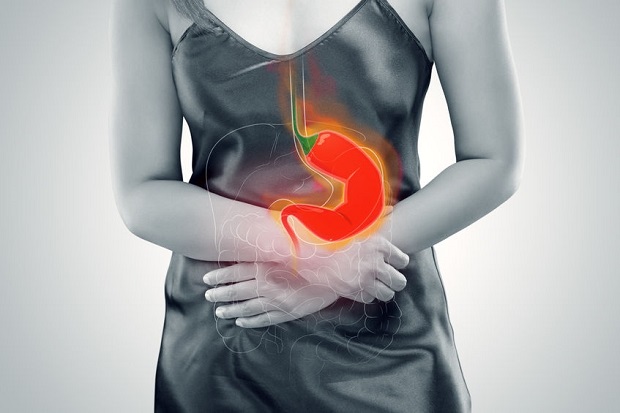
Can Acid Reflux Cause Bad Breath?
- Research has indicated that there is clear evidence of a strong association between acid reflux and bad breath.
- Acid reflux can cause post-nasal drip, which is a common cause of halitosis.
- The acids produced during reflux can injure the esophagus’s tissue, producing a foul odor.
- Acid reflux can cause dental problems, which is a common cause of halitosis.
- Several medical conditions have been indicated as increasing the incidence of bad breath, including acid reflux, chronic sinus infections, pneumonia, bronchitis, diabetes, and liver and kidney problems.
Acid reflux can cause bad breath. Many studies have refuted the fact that acid reflux, also called gastroesophageal reflux disease or GERD, causes bad breath (halitosis). However, a 2008 study published in the Journal of General Internal Medicine concluded that there is clear evidence of a strong association between acid reflux and bad breath. [1]
Jump Ahead
- What Causes Bad Breath?
- How Does Acid Reflux Cause Bad Breath?
- How to Prevent Bad Breath from Acid Reflux
- Resources
What Causes Bad Breath?

Many factors contribute to the incidence of bad breath, including poor oral hygiene, food consumption, and health problems. The most common contributors to halitosis are periodontal diseases and tongue coating. [2] Foods that you ingest are absorbed into your bloodstream, carried to your lungs, and given off in the air you expel. Smoking, dentures, and dry mouth can also lead to halitosis. Several medical conditions have been indicated as increasing the incidence of bad breath, including acid reflux, chronic sinus infections, pneumonia, bronchitis, diabetes, and liver and kidney problems. [3]
How Does Acid Reflux Cause Bad Breath?

Acid reflux is so named because the condition causes the contents of the stomach and intestinal gas to reflux back into the esophagus. This alone could produce a foul odor. These acids can also cause irritation to the walls of the nasopharynx, the uppermost part of the throat below the nasal cavity. This, in turn, can cause postnasal drip, which is a common cause of halitosis. The acids can also injure the esophagus’s tissue, producing a foul odor. [4]
Acid reflux can also cause dental problems, which is a common cause of halitosis. [5]
How to Prevent Bad Breath from Acid Reflux

Control Acid Reflux. If your bad breath is caused by acid reflux rather than any other common contributors, treating your acid reflux may help get rid of bad breath. Medications like proton pump inhibitors can help suppress the stomach acids that may cause halitosis. [6]
Baking Soda Rinse. Chronic acid reflux can cause erosion of tooth enamel and other dental problems. Rinsing with a solution of water and baking soda four times a day will help to neutralize the acid before it erodes the tooth enamel. One teaspoon of baking soda mixed with one cup of water should do the trick. [7]
Brush Your Tongue. Bad breath can be caused by bacteria on your tongue. Brushing your tongue should be part of your tooth-brushing routine. Bacteria tend to migrate to the back of the throat, so brush as far back as you can without gagging. [8]
Gargle with Peroxide. WebMD suggests gargling with peroxide to ward off halitosis. The oxygen in the peroxide can effectively kill bacteria. Gargle as you would any mouthwash, and be sure to spit it out when you are done rinsing. [9]
References
- [1] [4] [6] Struch, Franziska; Gen Intern Med – “Self-reported Halitosis and Gastro-esophageal Reflux Disease in the General Population.” 2008. Volume: 23. No: 3. Pages: 260-266
- [2] Vandekerckhove, B; Ned Tijdschr Tandheelkd, “The role of periodontal disease in bad breath” 2002. Volume: 109. No: 11. Pages: 430-433
- [3] WebMD – “Bad Breath Causes, Treatments, and Prevention.”
- [5] Lazarchik, DA; Journal of General Dentistry, “Dental Erosion and Acid Reflux Disease: an Overview”
2009. Volume: 57. No: 2. Pages: 151-156 - [7] National Institute of Dental and Craniofacial Research – “Practical Oral Care for People with Disabilities.”
- [8] [9] WebMD – “15 Tips to Freshen Your Breath.”
DISCLAIMER: THIS WEBSITE DOES NOT PROVIDE MEDICAL ADVICE
The information, including but not limited to text, graphics, images, and other material on this website, is for informational purposes only. No material on this site is intended to be a substitute for professional medical advice, diagnosis, or treatment. Always seek the advice of your physician or other qualified healthcare providers with any questions you may have regarding a medical condition or treatment before undertaking a new healthcare regimen, and never disregard professional medical advice or delay in seeking it because of something you have read on this or any other website.





